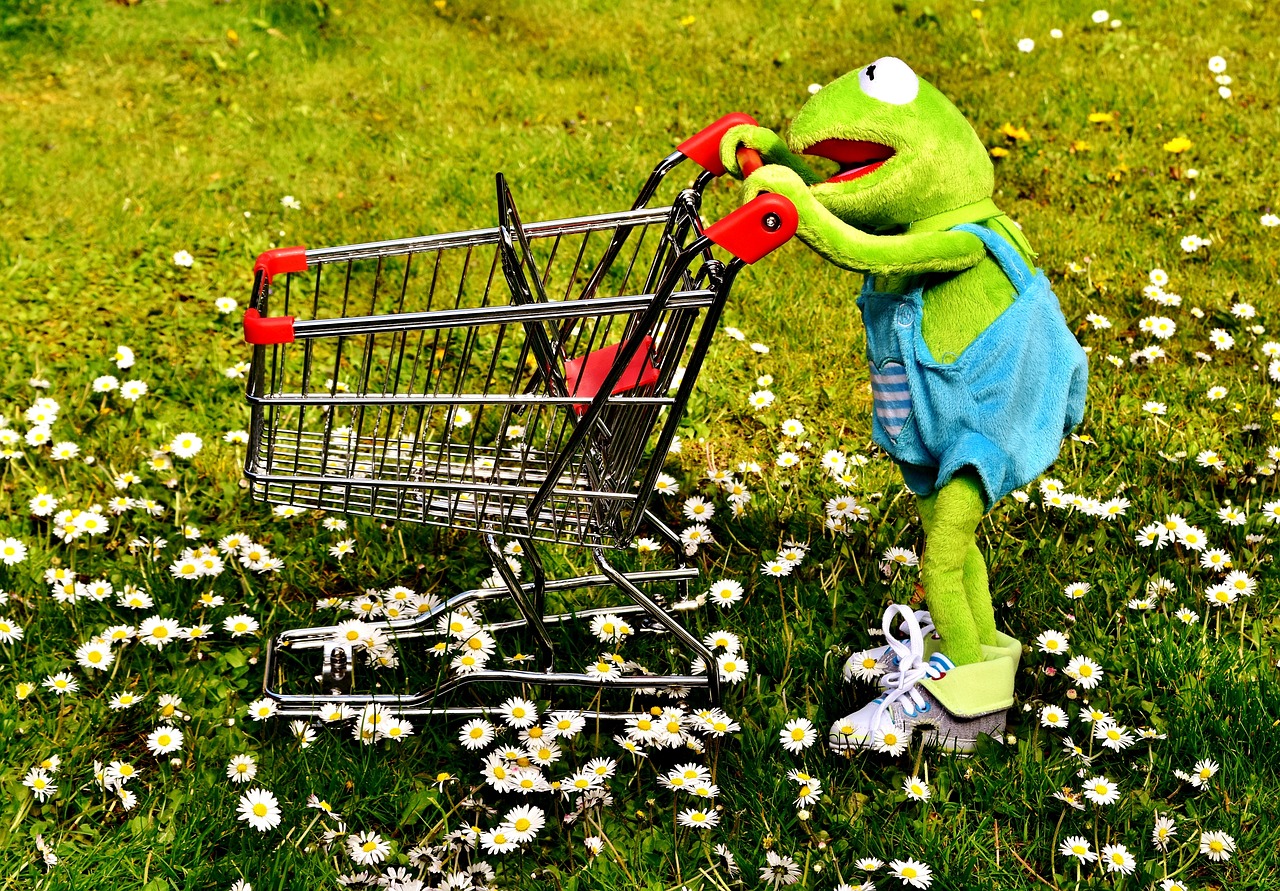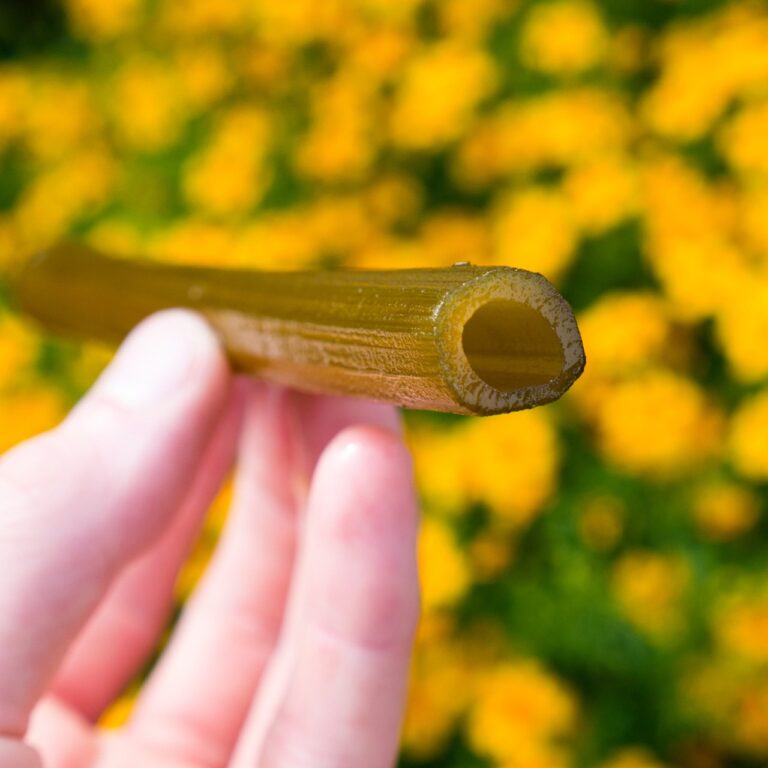The Benefits of Using Organic Soil Inoculants: Enhancing Soil Biology and Nutrient Cycling: Cricbet99 register, Sky1exchanges id, 11xplay reddy anna
cricbet99 register, Sky1exchanges ID, 11xplay reddy anna: Organic soil inoculants are becoming increasingly popular among farmers and gardeners looking to enhance soil biology and nutrient cycling. These living organisms, such as beneficial bacteria, fungi, and other microorganisms, can significantly improve soil health and plant growth in a natural and sustainable way. In this article, we will explore the various benefits of using organic soil inoculants and how they can help you achieve a thriving garden or farm.
Improving Soil Structure
One of the key benefits of using organic soil inoculants is their ability to improve soil structure. Beneficial microorganisms help to break down organic matter, creating pore spaces in the soil. This allows for better water infiltration and root penetration, leading to healthier and more robust plant growth.
Enhancing Nutrient Availability
Organic soil inoculants play a crucial role in nutrient cycling, making essential nutrients more available to plants. Beneficial microorganisms help to break down organic matter and release nutrients such as nitrogen, phosphorus, and potassium, which are vital for plant growth. This natural process reduces the need for synthetic fertilizers, making organic soil inoculants an environmentally friendly choice.
Suppressing Disease and Pests
Another advantage of using organic soil inoculants is their ability to suppress soil-borne diseases and pests. Beneficial microorganisms can outcompete harmful pathogens for resources, creating a healthier and more balanced soil ecosystem. This can help prevent diseases and reduce the need for chemical pesticides, promoting overall plant health.
Promoting Plant Growth
By improving soil structure, enhancing nutrient availability, and suppressing disease and pests, organic soil inoculants ultimately promote plant growth. Healthy plants are more resilient to stress, produce higher yields, and have better resistance to environmental challenges. Whether you are growing vegetables, fruit trees, or ornamental plants, using organic soil inoculants can help you achieve a vibrant and productive garden or farm.
Supporting Sustainable Agriculture
Organic soil inoculants are a key component of sustainable agriculture practices. By harnessing the power of beneficial microorganisms, farmers and gardeners can improve soil health, reduce reliance on synthetic inputs, and promote biodiversity. This holistic approach to soil management supports long-term sustainability and helps to preserve the health of our planet for future generations.
FAQs
1. Are organic soil inoculants safe to use around children and pets?
Yes, organic soil inoculants are safe to use around children and pets as they are natural and non-toxic.
2. How often should I apply organic soil inoculants?
The frequency of application depends on the specific product and your gardening or farming practices. Follow the instructions provided by the manufacturer for best results.
3. Can I use organic soil inoculants in hydroponic systems?
While organic soil inoculants are designed for soil-based growing systems, some products are formulated for use in hydroponic systems. Be sure to check the product label for compatibility.
In conclusion, organic soil inoculants offer a host of benefits for enhancing soil biology and nutrient cycling. By harnessing the power of beneficial microorganisms, you can improve soil structure, enhance nutrient availability, suppress disease and pests, promote plant growth, and support sustainable agriculture practices. Whether you are a seasoned farmer or a novice gardener, incorporating organic soil inoculants into your soil management routine can help you achieve a thriving and sustainable garden or farm.







